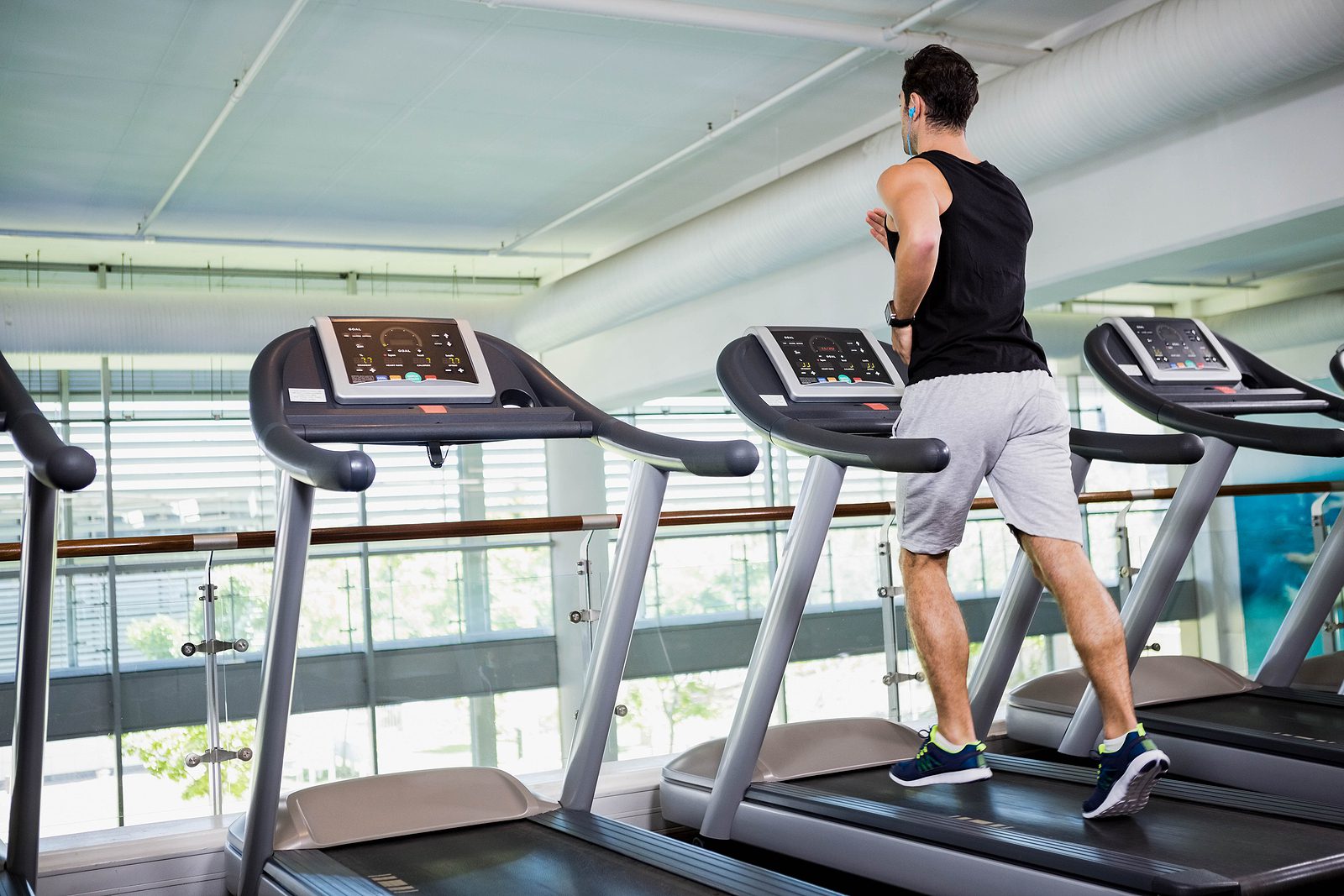 Although it may seem like fitness trackers are a new trend, wearable technology has actually been around since the 17th century. In 1965, Dr. Yoshiro Hatano, Japanese professor at Kyushu University of Health and Welfare, introduced the Manpo-kei pedometer after theorizing that taking 10,000 steps a day would help combat obesity in his country. A lot has changed since then, and the fitness tracker industry has grown:
Although it may seem like fitness trackers are a new trend, wearable technology has actually been around since the 17th century. In 1965, Dr. Yoshiro Hatano, Japanese professor at Kyushu University of Health and Welfare, introduced the Manpo-kei pedometer after theorizing that taking 10,000 steps a day would help combat obesity in his country. A lot has changed since then, and the fitness tracker industry has grown:
tracking the number of steps taken on any given day, calories burned, floors climbed, heart rate, sleep, and even body temperature.
{{cta(‘f39c9eb0-dab8-470c-b5f6-ba58197f15f5′,’justifycenter’)}}
Although there are many different types of fitness trackers (including cell phones and apps) currently on the market, all offer similar benefits. While we can’t recommend a specific type of fitness tracker, we can tell you the benefits and then let you decide which features fit your lifestyle best.
Accountability. First and foremost, fitness trackers make the user accountable. Most people are surprised by the number of steps they take (or rather, don’t take) during the day. The goal is 10,000 steps per day to be in the healthy, active category. Or, set your own goal. The key is to move.
Motivation. The visual progress you see as you move, including the number of steps you take, serves as motivation to move more. For some people, however, the feedback you get from the app associated with your tracker may motivate you negatively rather than positively. How you interpret the feedback will affect your future actions and behaviors. If you fail to reach your daily step goal, will that motivate you to do better and walk more tomorrow, or to just say forget the whole thing? Additionally, if you choose to connect your fitness tracker to social media, will competition with friends provide additional motivation to move?
Healthy Eating. Many fitness trackers connect to apps that help you keep track of both your regular exercise as well as your diet and water intake. Tracking not only the quantity of food, but also the quality (number of calories, fat, sugar, protein, etc) helps people evaluate the quality of their diet and inspires better choices.
Goal Setting. Much like motivation, fitness trackers enable users to set goals and track progress leading up to that goal. Setting a goal helps to bridge the gap between simply wanting to be fit and actively engaging in a plan to live a fit and active life.
Tracking Sleep. The quality of your sleep affects everything from metabolism to cravings to energy during the day to mood. Recent research has shown that restorative sleep is an integral part of weight loss as well as quality of life. Many fitness trackers can track sleep patterns, not only showing how well you slept, but how many times during the night you were restless or woke up, and how long it took to fall asleep.
Once you’ve decided to wear a fitness tracker, deciding which one to choose can be a little difficult. If you aren’t ready to commit to a specific tracker, check out Lumoid, a service that allows you to try out wearable gear and send it back or purchase at the end of the trial period.
Sources:
Relentless Forward Commotion
Mercola.com
Lumoid.com


